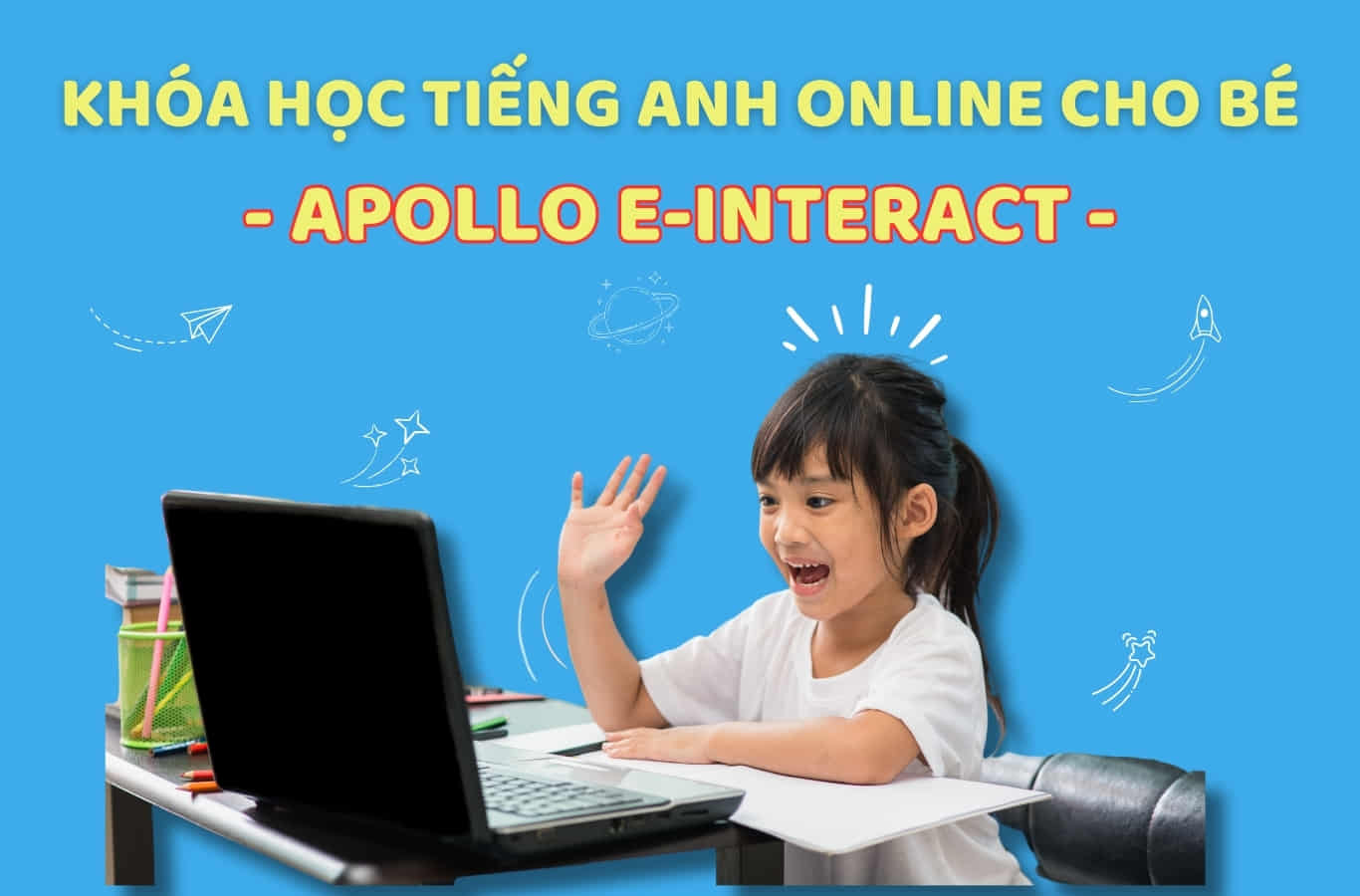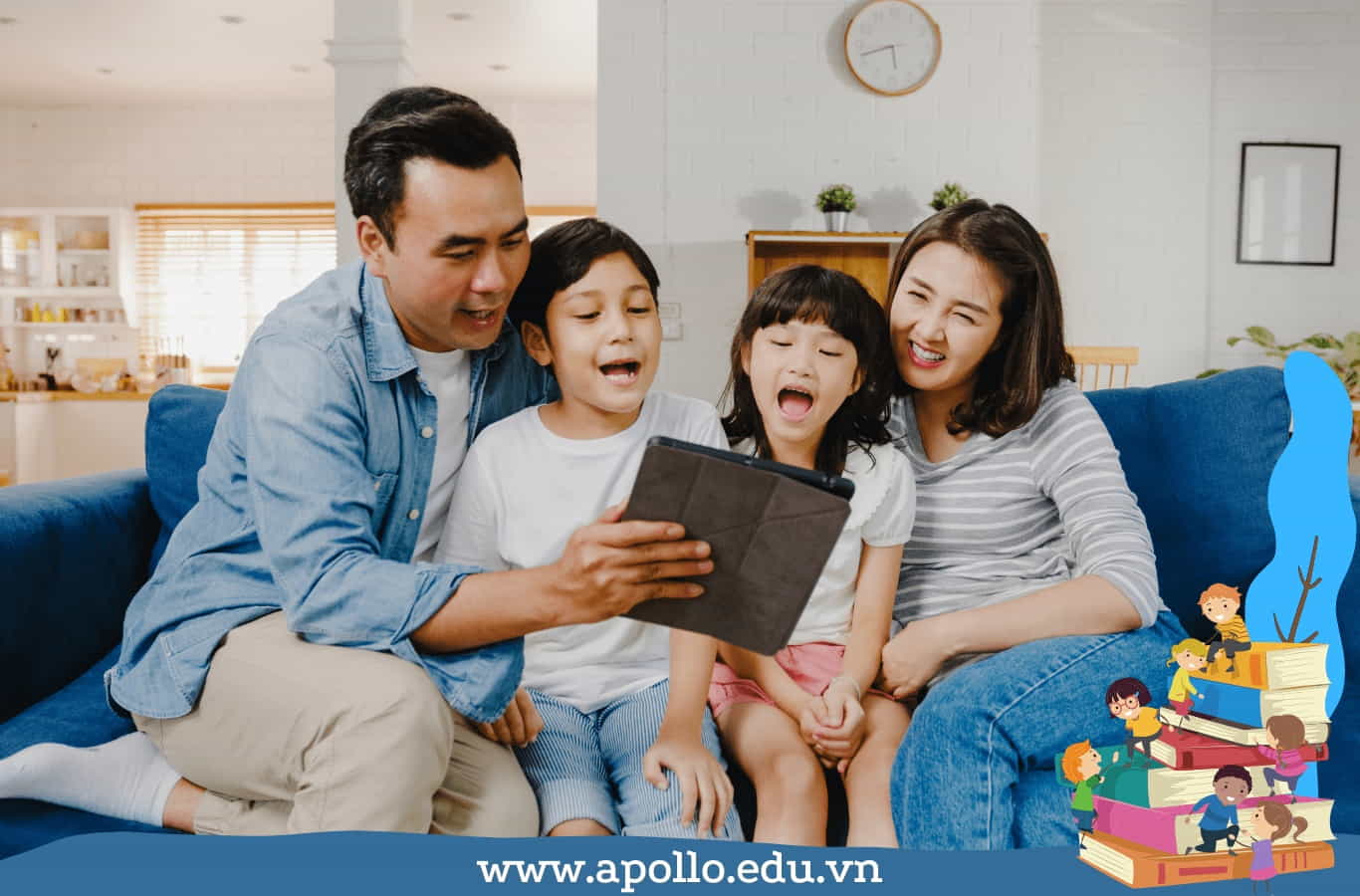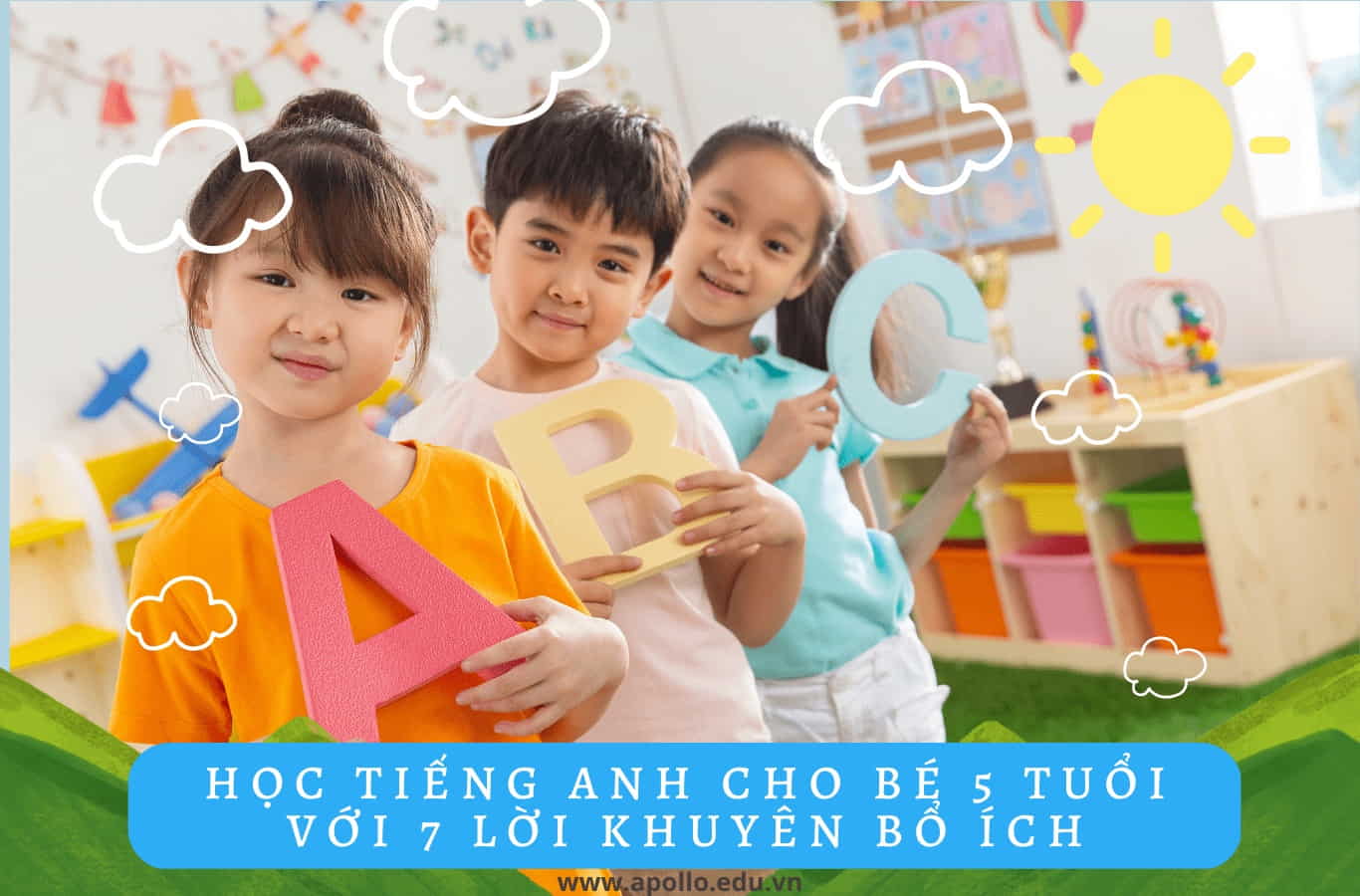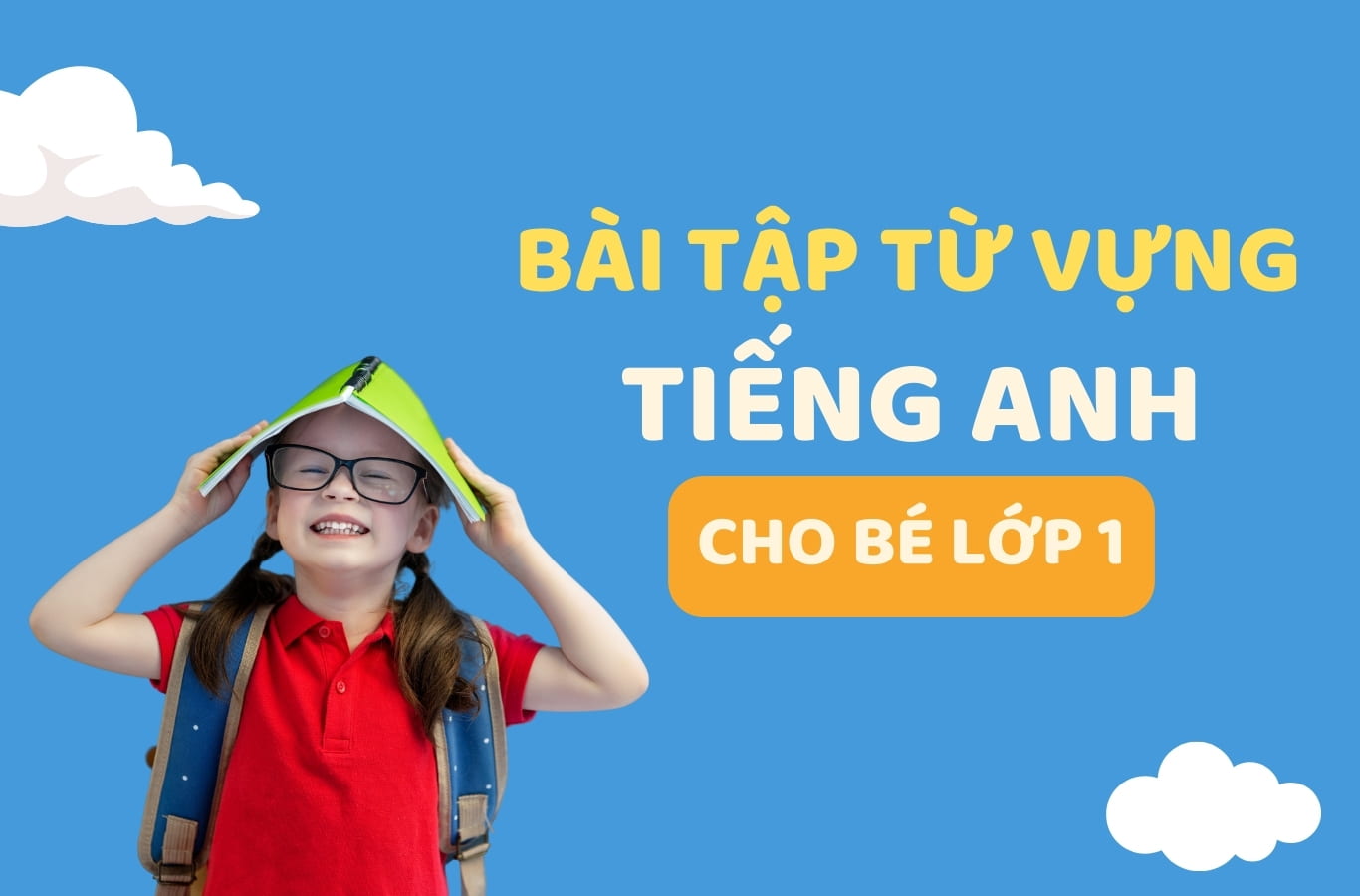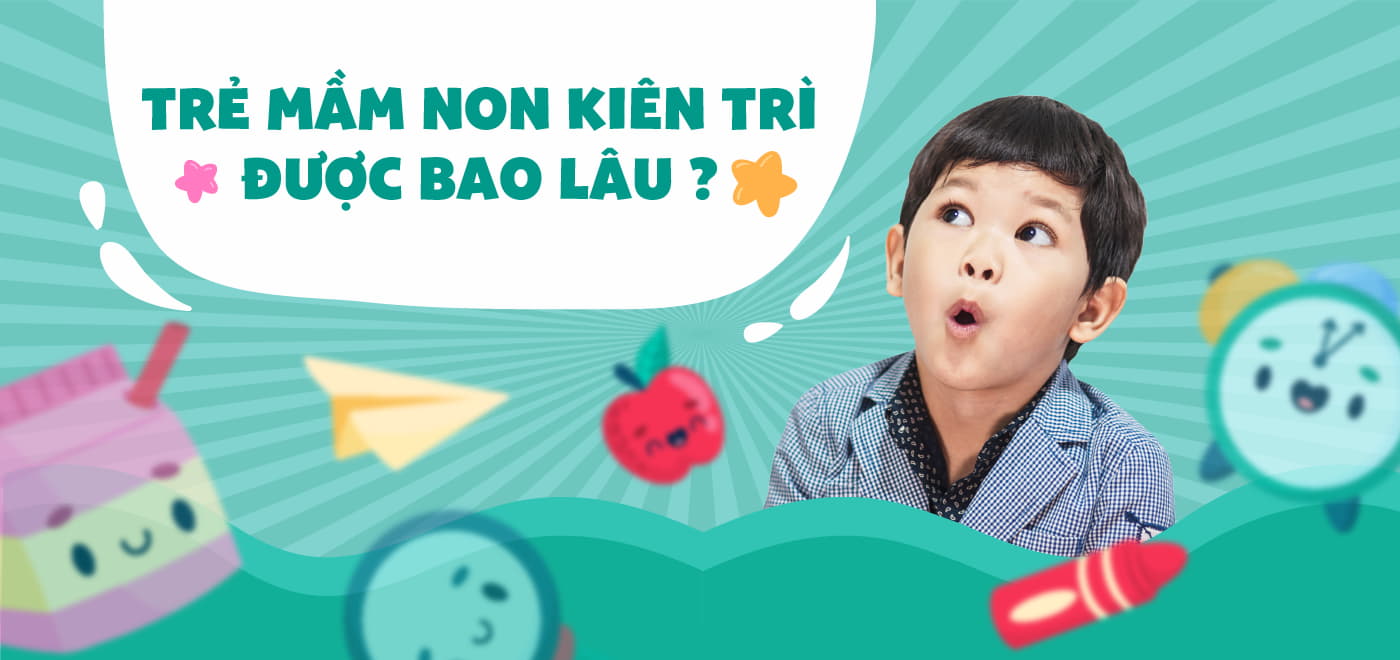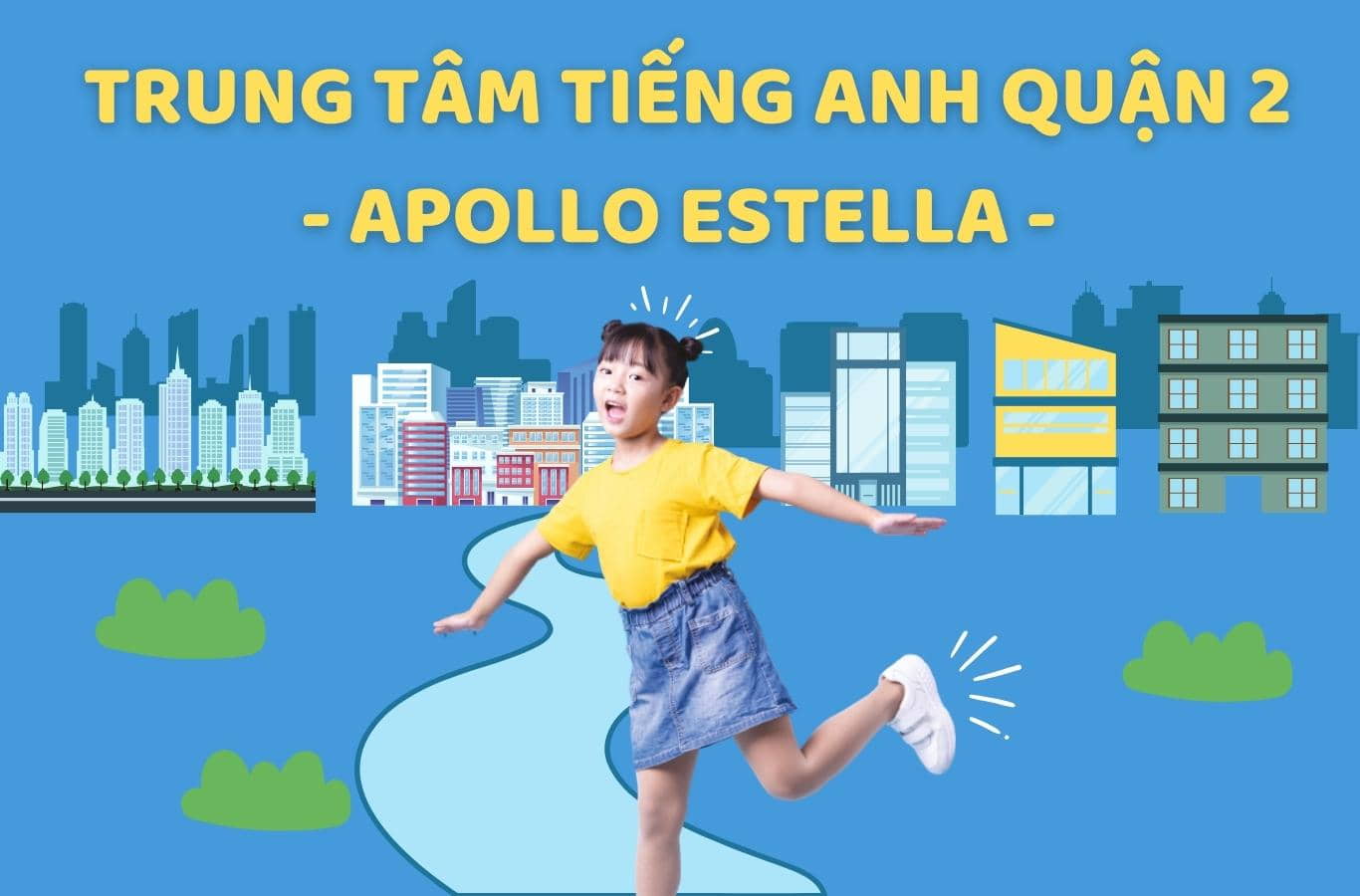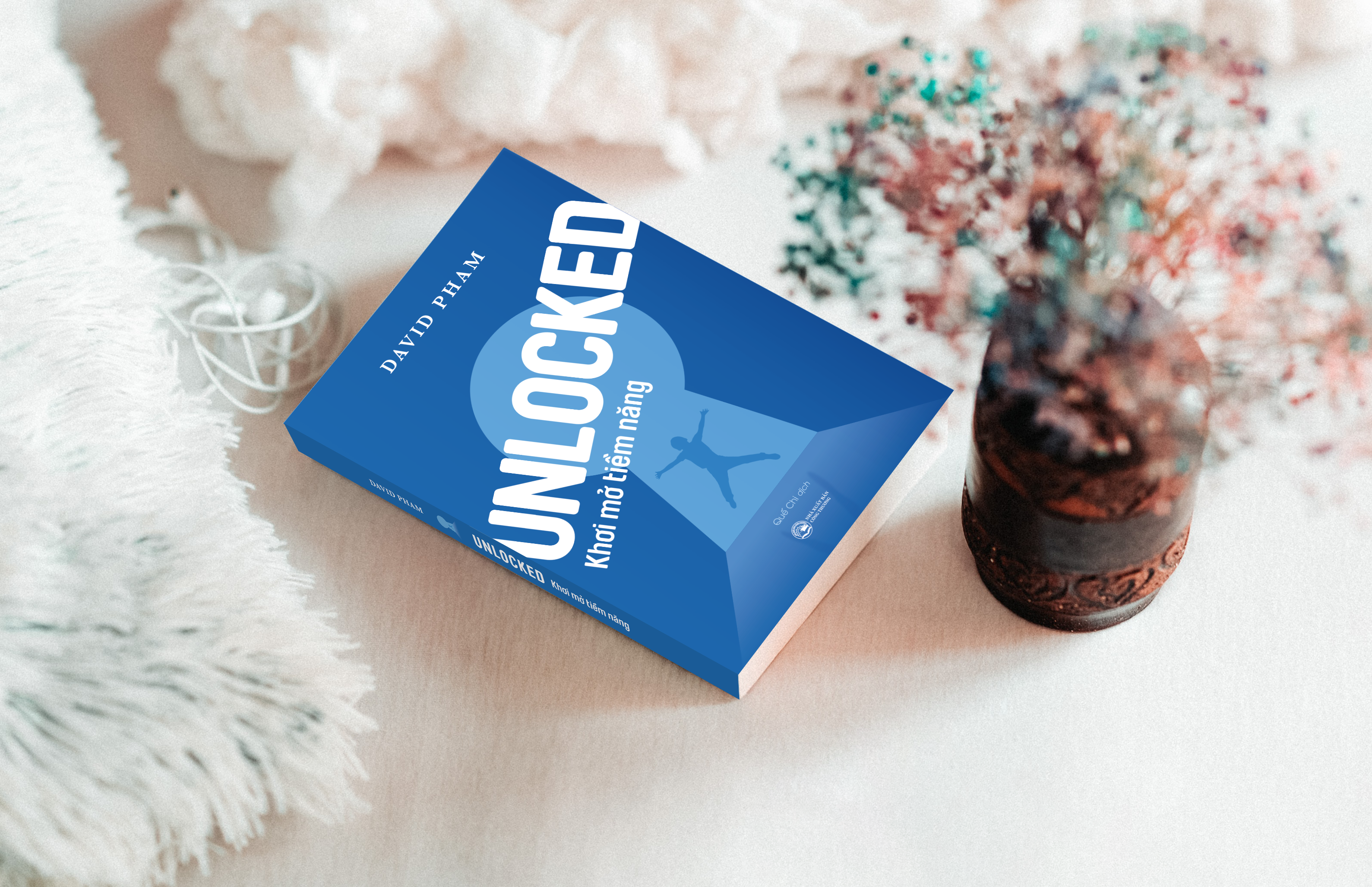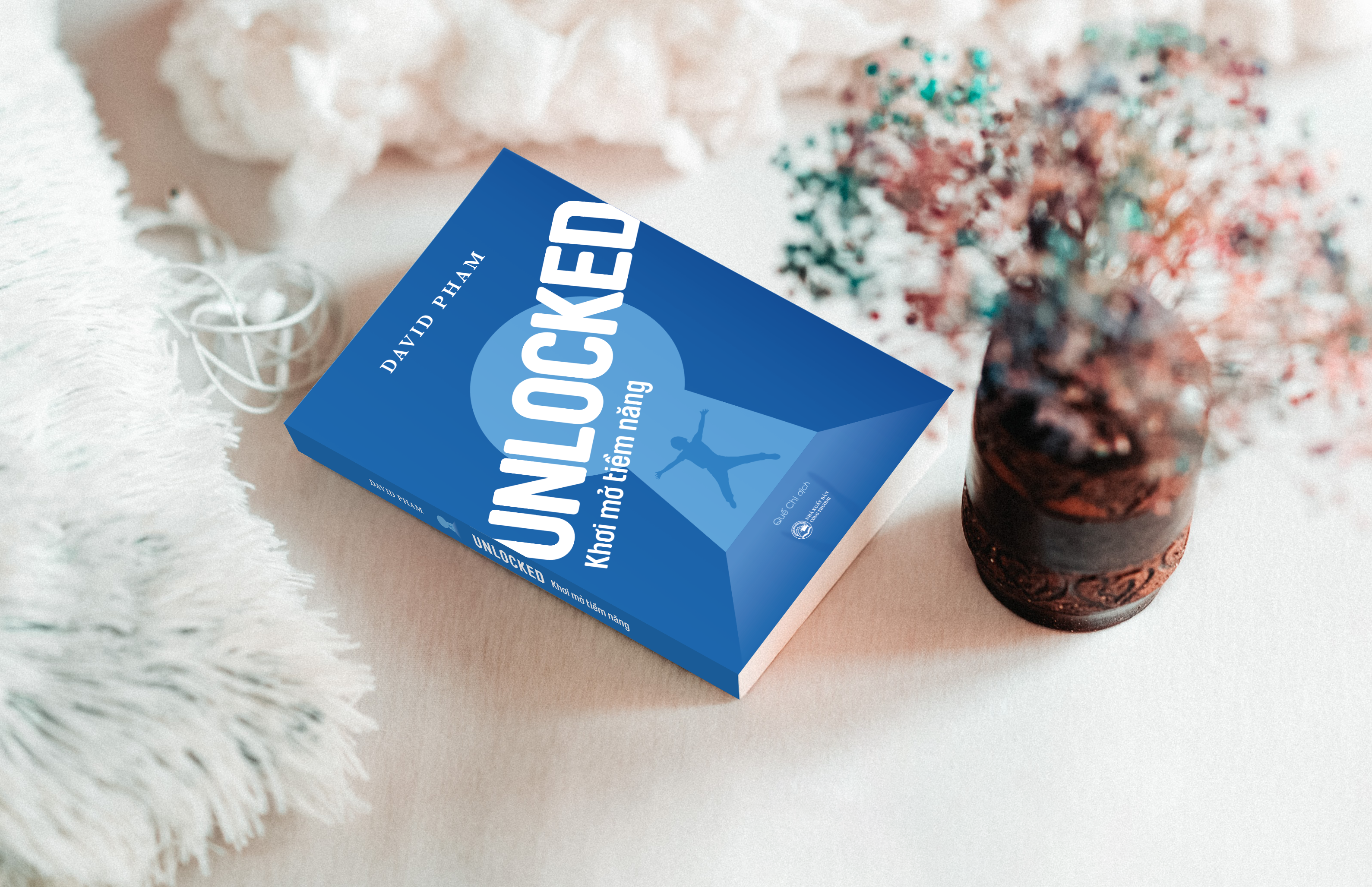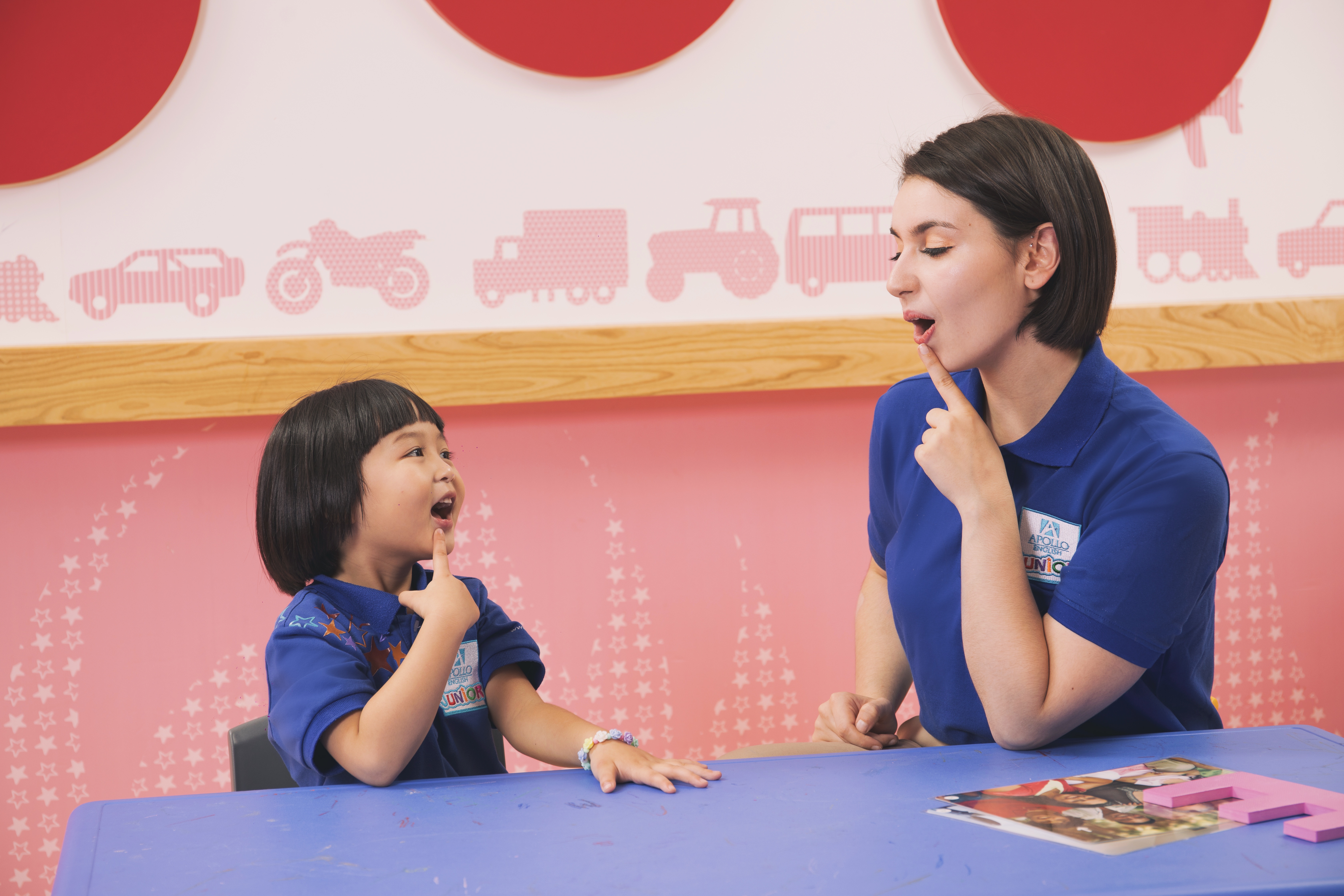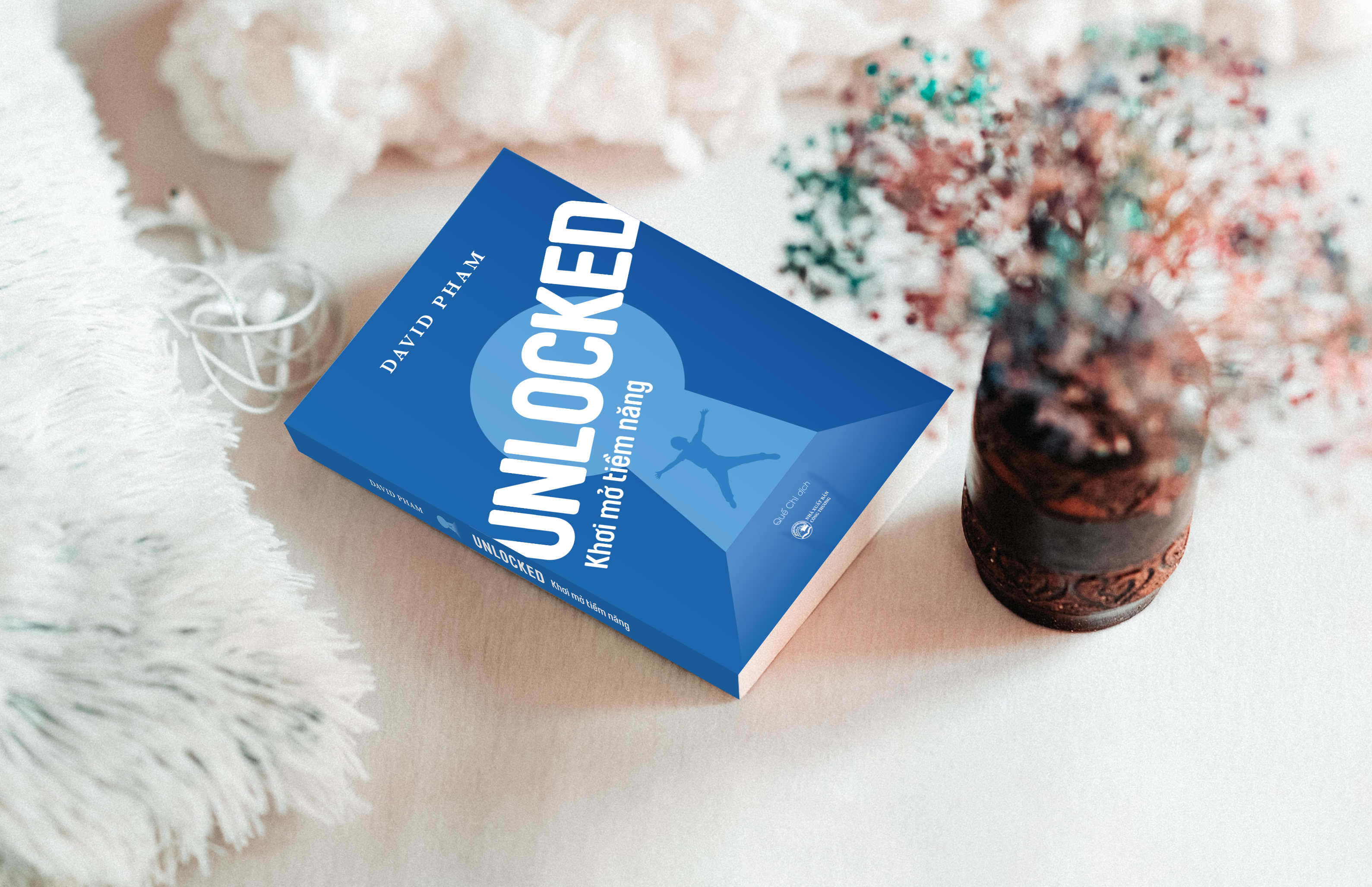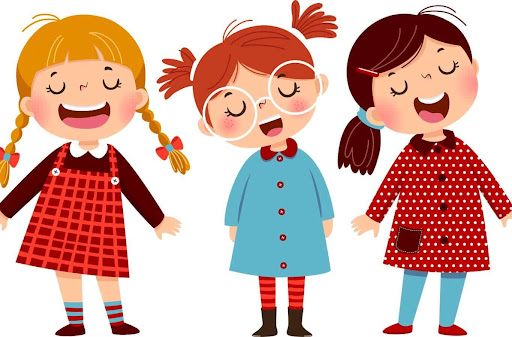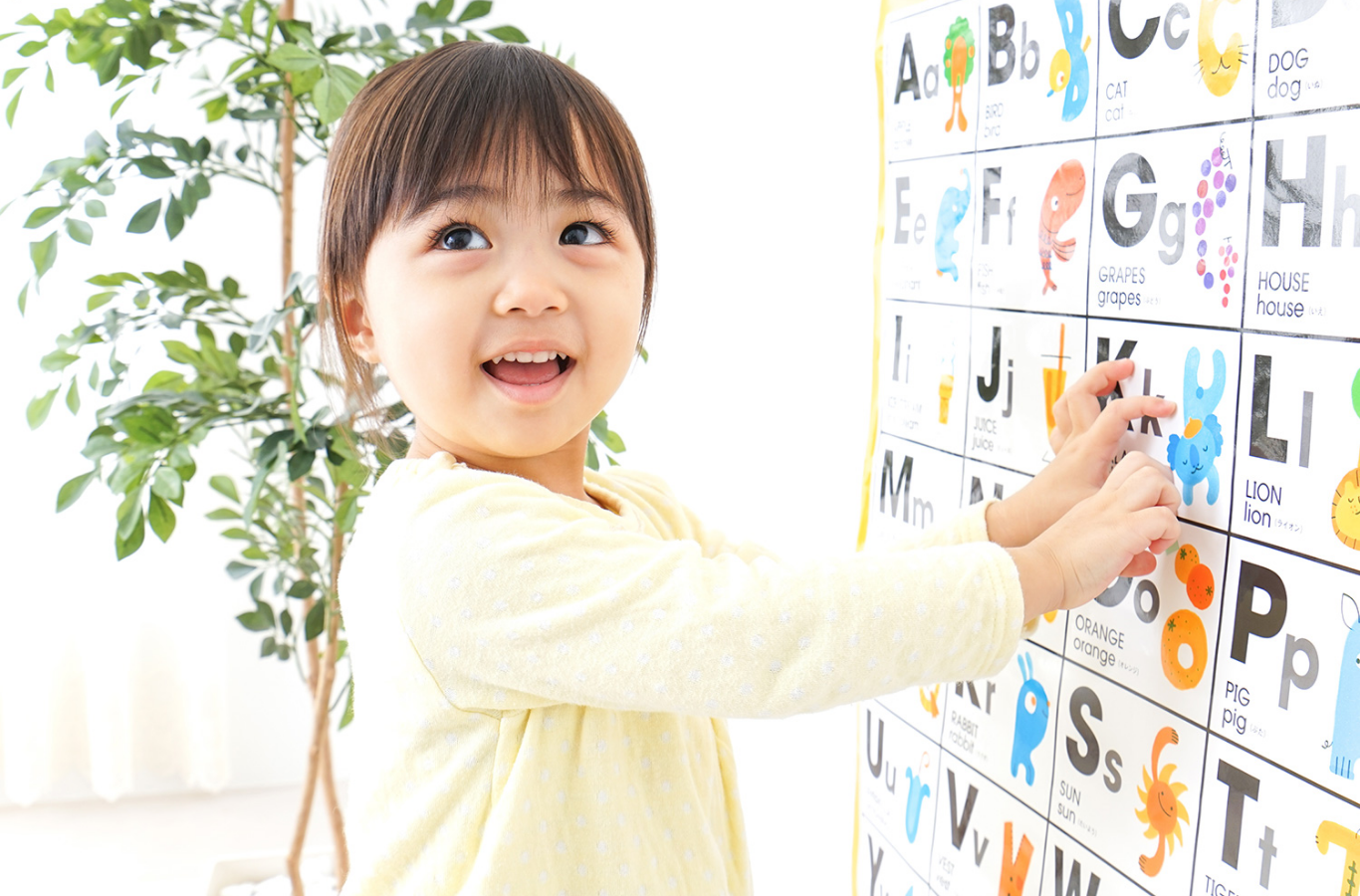CHAPTER 3: TEACH KEY SKILLS
Please try to spend 15 mins brainstorming for yourself, try to answer these questions before reading:
1. What are 21st century skills our children need?
2. How can our children develop those skills?
Space for your notes:
.............................................................................................................................................................................................................................................................................................................................…
.............................................................................................................................................................................................................................................................................................................................…
.............................................................................................................................................................................................................................................................................................................................…
.............................................................................................................................................................................................................................................................................................................................…
As a parent of an eighteen-month-old when writing this book, I asked myself what essential skills my daughter would need to succeed in life. I want my child to be ready to step into the workforce in this information era where an estimated two-thirds of our children will be in jobs that do not currently exist yet (Leopold, Ratcheve, and Zahidi, 2016). So, I searched for experts in the domain of skills research who could help me identify the most valuable skill sets for the twenty-first century and beyond.
And voilà! Luckily, I found Dr. Laura Jana, the author of the book, The Toddler Brain, who researched and compiled a list of skill categories on her self-named website that will continue to lead to successful personal development. So, what are these key skills? Dr. Laura Jana refers to them as QI skills.
There are seven groups, each including a set of specific skills. While Dr. Jana is mostly talking from a child’s per- spective, I will share with you how I interpret her teachings for all ages.
ME SKILLS
The first group of skills is called the ME skills, which according to Dr. Jana, represent “self-management skills that include self-awareness, self-regulation, self-control, attention, and focus. Also, executive function skills allow us to manage, regulate, and control our emotions and behavior.” I want to highlight self-awareness. Whenever we talk about ME skills, understanding ourselves, knowing our passions, strengths, weaknesses, or limitations, answering the question “who am I?” is probably the most vital part of the ME skills group. Even in ancient China, centuries before the Common Era, the well-known philosopher Lao Tzu said his famous words, which are still valid nowadays, over twenty centuries later: “Knowing others is intelligence, knowing yourself is true wisdom. Mastering others is strength. Mastering yourself is true power” (The School of Life, n.d.).
Helping our children become self-aware of their capabilities and respectful of their uniqueness can be truly powerful. But what are some of the activities children should pursue to develop self-awareness?
Individuals should try as many activities as possible, from sports to art to music or cooking, playing board games, and so on. Activities can also be about self-reflection for older students, such as yearly essay writing focused on answering questions related to their personality and character.
WE SKILLS
Dr. Jana says that people skills allow us to understand, share and “play well” with others, including the language, empathy, listening, and social-emotional skills necessary for effective communication, collaboration, and teamwork. This skill category is called WE skills. Being able to work well with different types of people and coordinate both efficient and effective teams is a core strength in this category. These are valuable skills we can help children develop through team sports and working on collective projects.
“Seek first to understand, then to be understood,” is also the fifth habit from Stephen R. Covey’s 7 Habits of Highly Effective People, which tells us to put ourselves in other people’s shoes, to see things from other’s perspective before concluding. As we progress in our careers, the subject matter knowledge often becomes inferior to people skills. We cannot wait to start developing people skills until we are in managerial positions, as it takes time to improve people skills. For that reason, it is crucial to develop interpersonal skills at an early age.
As work continues to expand globally, and there is an increase of interaction between continents and with people of different backgrounds, cultures, and languages, the WE skills are becoming more critical than ever.
WHY SKILLS
Third, comes the WHY skills, which Dr. Jana describes as “skills that include questioning, curiosity and inquisitiveness that allow us to always see the world as a question mark, and strive for a better understanding of how the world works.” The WHY skills help us think critically and not just follow instructions indicated by someone else. The WHY skills are the ones helping civilizations move forward, improving tools and processes that have been done the same way even for centuries. If you can ask “why” enough times, also known as “the five whys,” a problem’s root cause can be drilled down to its core, exposing areas that require change, improvement, or overhaul (Seiter, 2018).
To help our children improve their WHY skills, I suggest we nurture their curiosity, encourage them to ask any question, and help them better understand how the world functions.
Imagine a scenario with third graders (about nine years old) Jacob and Lucas, where Jacob’s parents are glad to answer any question he has, while Lucas’s parents always tell him, “Why do you ask so many questions? You will understand it when you grow older. If you want to know that, find it on Google.” Do you think Lucas will continue being curious when receiving the parent’s responses like that? He will probably be sad at first, and slowly, he will ask less until he won’t ask at all. In contrast, Jacob will find things more and more exciting because when he knows more, he will be thrilled about how things work, and be able to share his knowledge with peers.
Parents who take the time to explain a situation, ideally without bias, aid their children in gaining knowledge. It promotes freedom of thought and space to form their own opinions, even if parents don’t always agree.
Keeping our children curious helps them learn and be amazed about this world and beyond. It also helps humans carry that childlike curiosity throughout adulthood. Never stop asking questions for clarity or knowledge. It is okay not to know something, and we should normalize always asking the questions to understand rather than thinking we are less than for not knowing.
WILL SKILLS
There is no doubt throughout life, our children will have to face many difficulties, challenges, obstacles, and failures. Therefore, the next group of skills to develop are the WILL skills. Dr. Jana further adds, “self-motivation and drive define these critically important skills, including a can-do attitude, conscientiousness, determination, gumption, persistence, perseverance, and focus put into action.” People with solid WILL skills are those who survive through hard times. When things don’t go the direction we want, it is important to get up, keep trying, and not give up.
Anyone can handle situations where everything goes according to plan, but few people can deal in times when everything goes wrong. And to develop these skills in a child, we must start early. We must encourage its continuity even when tasks and experiences get a little more challenging. When the child wants to give up on practicing a hobby because it gets a bit more difficult or when the child wants to stop riding a bike up the hills because of tiredness, empower them to try again.
I sat down with Mr. Jan Ruth, a football player who played football professionally from an early age until university, and now he is a manager at a consulting firm.
I asked Jan if having played football professionally helped him in his current career, to which he replied: “If I have to pick one thing I learned in football that helps me now, then it is absolutely the not giving up attitude.”
“How specifically did football teach you that attitude?” I asked.
“No matter what the weather was, we still had to go to the pitch and practice, which trained us to keep working despite harsh conditions,” Jan answered.
“I see. How else did it help you to be tough when things go wrong?”
Thoughtfully, Jan replied, “In matches, for example. There were many matches where we were losing, but we had to fight till the last minute and always believe that we can still win it.”
After the talk, I realized that practicing sports was a great way to instill the WILL skills in him to become who he is now, to continue in his current job no matter how hard something proves to be.
WIGGLE SKILLS
WIGGLE skills come fifth on the list, meaning physical and intellectual restlessness. The Cambridge Dictionary explains “restlessness” somewhat negatively, saying it is the inability to rest or relax as a result of anxiety or boredom. While on the contrary, we should always try to be working on something new, keeping our mind and body in shape, using the precious time in life to the fullest. Constantly learning, building, creating things relentlessly.
We should aim to be active, and keep our children busy, both physically and intellectually. In a research article published in the Archives of Pediatrics & Adolescent Medicine, it was found that participation in physical activity is positively related to academic performance in children (Singh et al., 2012).
Physical activity is also good for brain development. Accord- ing to a study done by the Department of Exercise Science at the University of Georgia, even briefly exercising for twenty minutes facilitates information processing and memory functions (Tomporowski, 2003). I see first-hand by observing my daughter’s peers that more active children tend to be inclined to learn and faster in retention of new information. My daughter’s friend, Kelsey, appears to be much more active, making more messes at home. Kelsey seems to learn skills fast, being able to eat and drink by herself from early on as a toddler. In contrast, her friend Lea, who usually sits still and is relatively easy to handle for parents, seems to be much slower, not able to do much by herself yet.
To promote activeness in children, we need to provide them with active toys, such as balls or jump ropes. Parents have to also be role models, as children tend to copy what parents do. Moreover, parents can help children learn a new sport, be it riding a bike, swimming, or rollerblading, by participating together.
WOBBLE SKILLS
The sixth skill set is the WOBBLE skills, which help us to be more adaptable and learn from our mistakes. Of course, making mistakes is human, but we have to learn from them rather than repeat them. Our children should not be punished for making a mistake but rather be encouraged to learn following the experience.
As adults, we naturally tend to scold a child after they break or spill something, and most of the time, we never encourage the child to learn from the mistakes or come up with ideas on how to prevent mistakes from happening again. Giving the child steps to solve the problem will ultimately be more productive and will teach the child to think critically and progressively as well.
Mr. Zhang, a manager from Canada and a father of an eight-year-old boy, was staying in the same hotel as me while I was working in Shanghai. During that business trip, he took his son with him, and while checking out of the room, the boy forgot his favorite book in the hotel room drawer. They both were already on the way to the airport when the boy suddenly told his dad in English, “Oh no! Daddy, I left my book in the hotel!” As he said this, he started to cry.
As I was sitting in the same airport shuttle, I expected Mr. Zhang to be angry at his son, but he was not. Instead, he calmly asked, “So, what do you think we should do now?” Of course, the child had no idea and did not say anything.
Mr. Zhang then said, “All right. I will call the hotel and ask them to find it and keep it there until the next time I come to pick it up. But what’s your learning point?” he added.
The boy immediately answered, “I will check all the drawers carefully before leaving any place next time.”
This conversation is a great example of how to teach children to learn from their mistakes and brainstorm preventive solutions if similar situations happen again.
WHAT IF SKILLS
Last but not least are the WHAT IF skills, among which are visualization, imagination, or creativity. These are probably the skills where robots will fail, but where humans will excel in comparison. Everything around us, everything created by us, first started in our imagination. Most of the things we visualized, we could make a reality. Therefore, cultivating the WHAT IF skills allow humans to stay competitive in the highly automated information era we live in. More specifically, if we let our children practice these skills through art (drawing, painting, composing, writing), conversations will begin flowing about how to influence and generally discuss the WHAT IF for the future.
CONNECTING THE DOTS
In the past, to let our children improve the mentioned skills above, we might have let them try to run a classic lemonade stand. However, in the information age where our lives happen online, we could probably let them run a small online project, such as selling fresh juices (and shipping via Uber Eats or Grab Food) or writing their e-books and selling them on Amazon, through which they could:
• Learn more about themselves (ME skills)
• Learn to work with others (WE skills)
• Learn to question and solve problems (WHY skills)
• Being able not to give up when things get tough (WILL skills)
• Relentlessly learn new things (WIGGLE skills)
• Making many mistakes along the way and learning from them (WOBBLE skills)
• Thinking strategically which direction to move the project toward (WHAT IF skills)
The seven groups of skills from Dr. Jana are an excellent compilation of what might help our children to stay competitive for decades to come. It is great to unlock our children’s full potential by creating an environment where they can focus on their strengths and interests. What’s more, adding all universal skills from this chapter as a complement to complete their skill set can lead to more well-rounded individuals.
DAVID PHAM
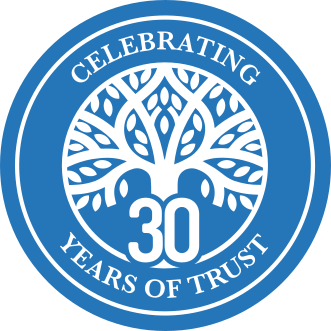

 English
English
 Tiếng Việt
Tiếng Việt



 Trung tâm Anh ngữ Apollo Việt Nam
Trung tâm Anh ngữ Apollo Việt Nam

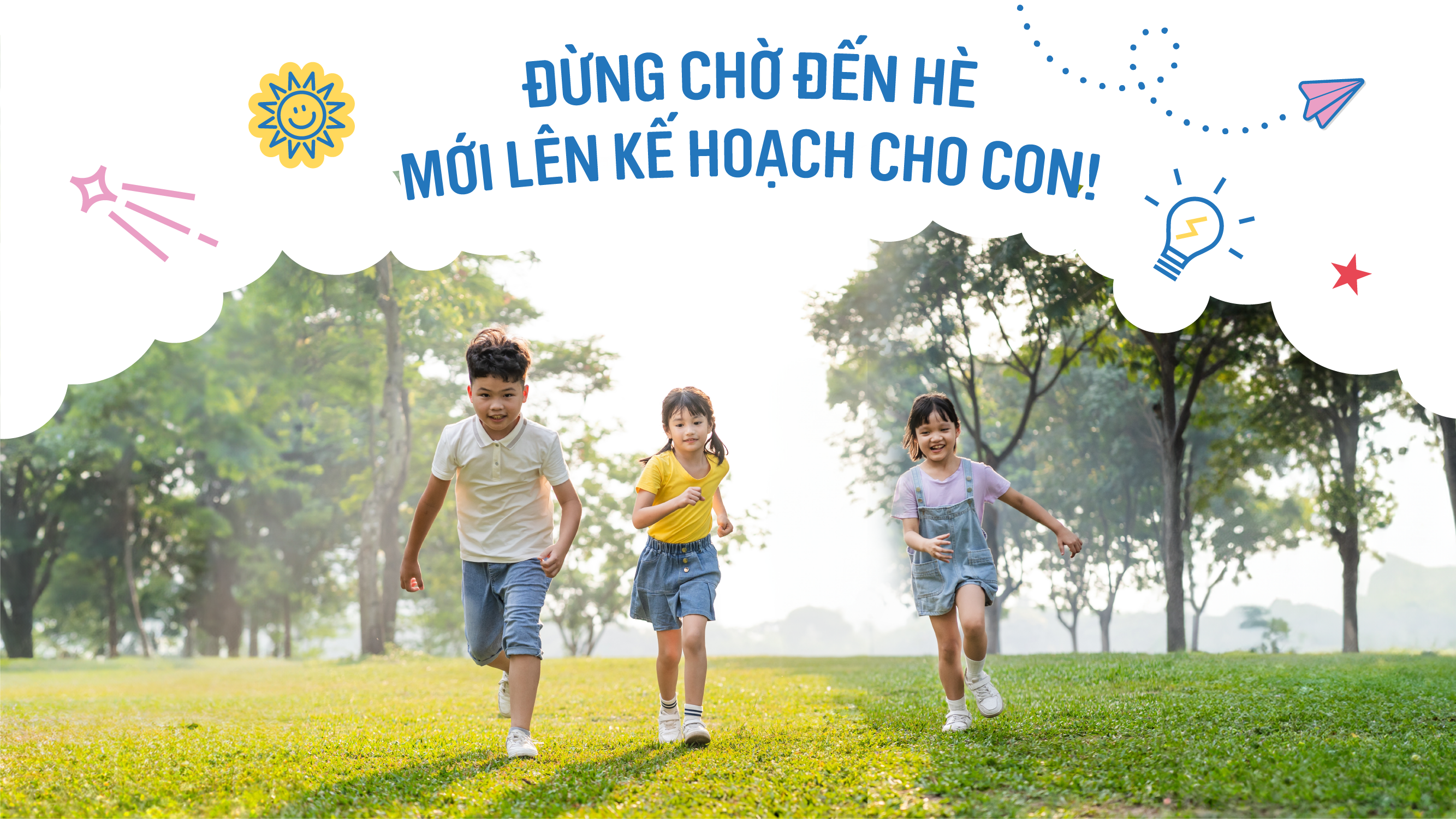

-miLvgkuA1rT13CGj.jpg)
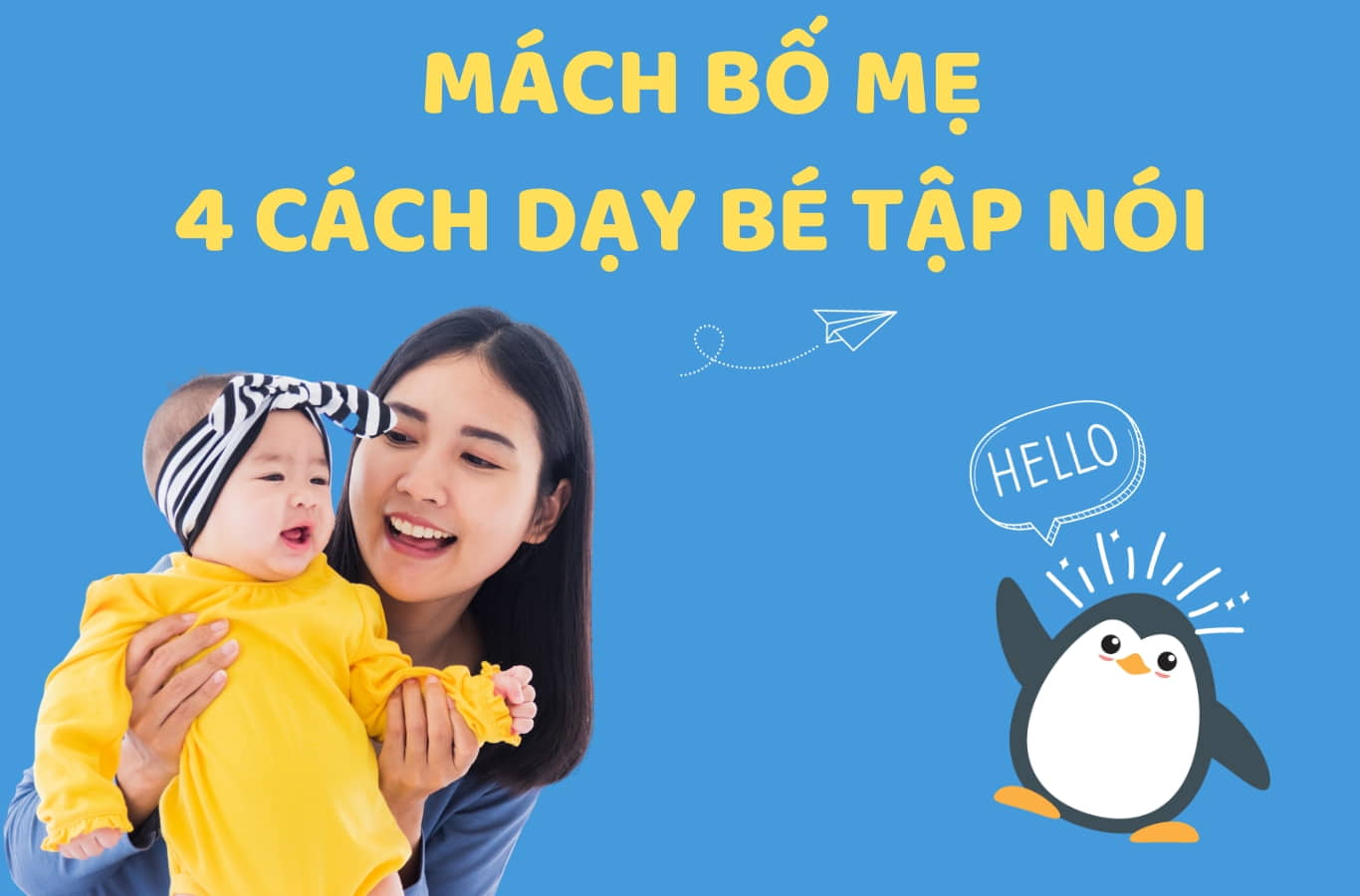
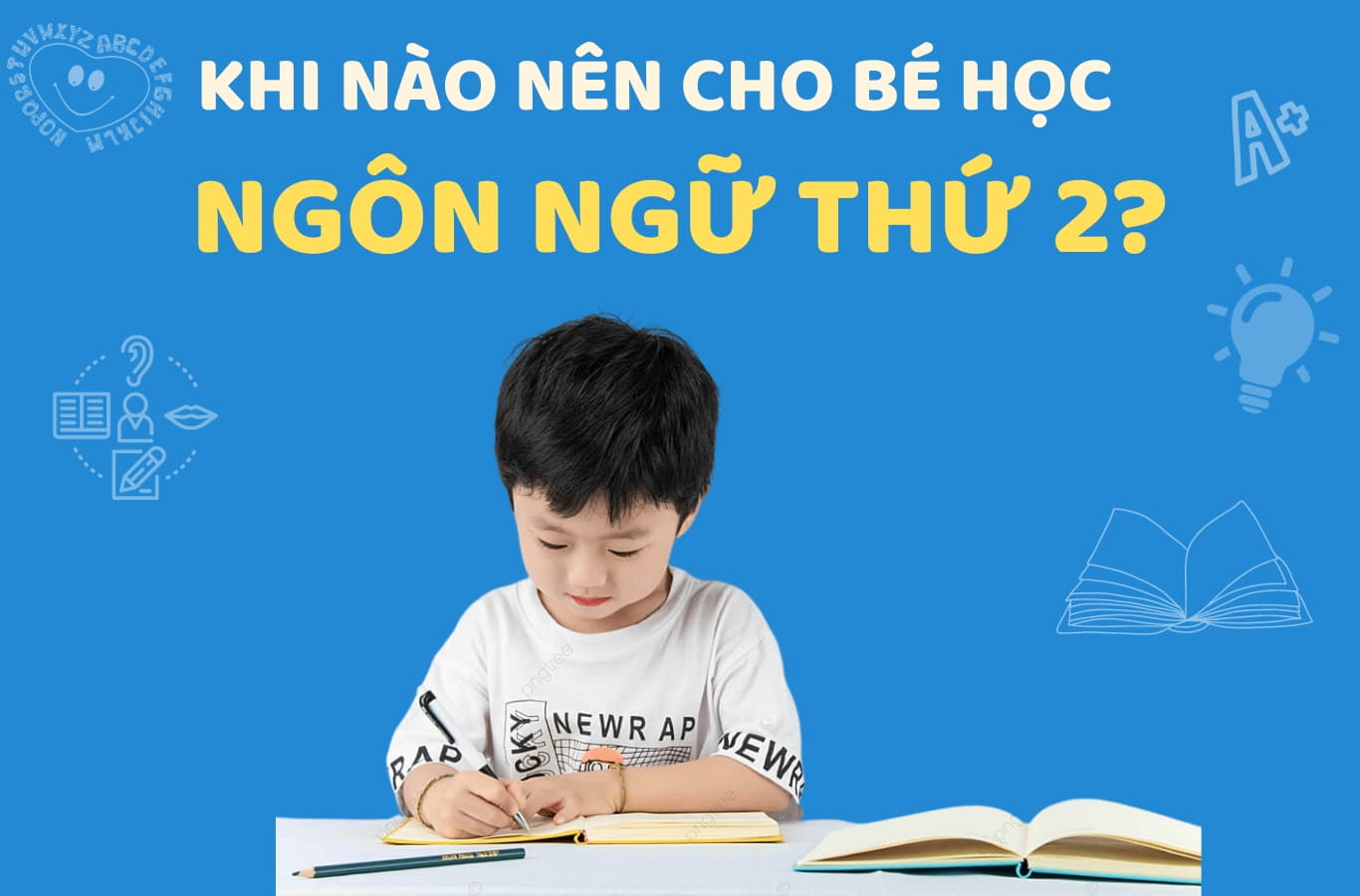
![350+ TỪ VỰNG TIẾNG ANH CHO BÉ THEO NHỮNG CHỦ ĐỀ QUEN THUỘC NHẤT [KÈM FLASHCARD]](/attachments/2023/12/tu-vung-tieng-anh-cho-be-M4HEgr4fSYlmqYF3.jpg)
